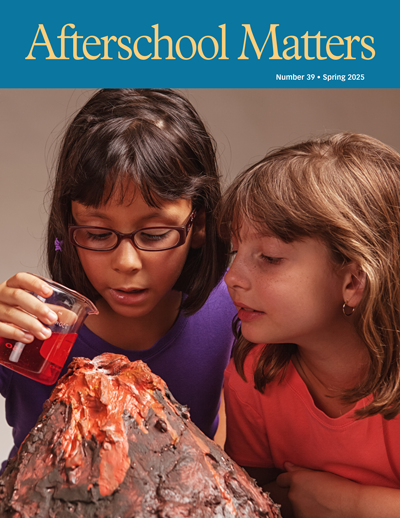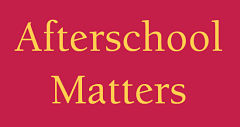Being and Becoming Scientists
Design-Based STEM Programming for Girls
By Jasmine M. Nation, Danielle Harlow, Diana J. Arya, and Maya Longtin
“I am a scientist. I’m not like a scientist.” We were excited to hear this response from one of the girls who participated in our afterschool program focused on science, technology, engineering, and mathematics (STEM). The STEMinist Program was a research-practice collaboration between university researchers and an afterschool program for female students in grades 4 to 6. This article describes how the program’s ongoing design transformations increased girls’ understanding of and interest in STEM. Design-based framing (Barab & Squire, 2009) enabled ongoing adjustments to the program while also identifying best practices for afterschool STEM learning. To understand the program’s progression and outcomes, we examined the features of the learning environment and the relationships among design components by analyzing qualitative data collected before, during, and after program implementation. Participants’ perceptions of science and scientists helped us understand the impact of the program and ways to improve it.
Tags: Engagement, STEM, Academic Subjects, Gender, Outcomes, Social Emotional



